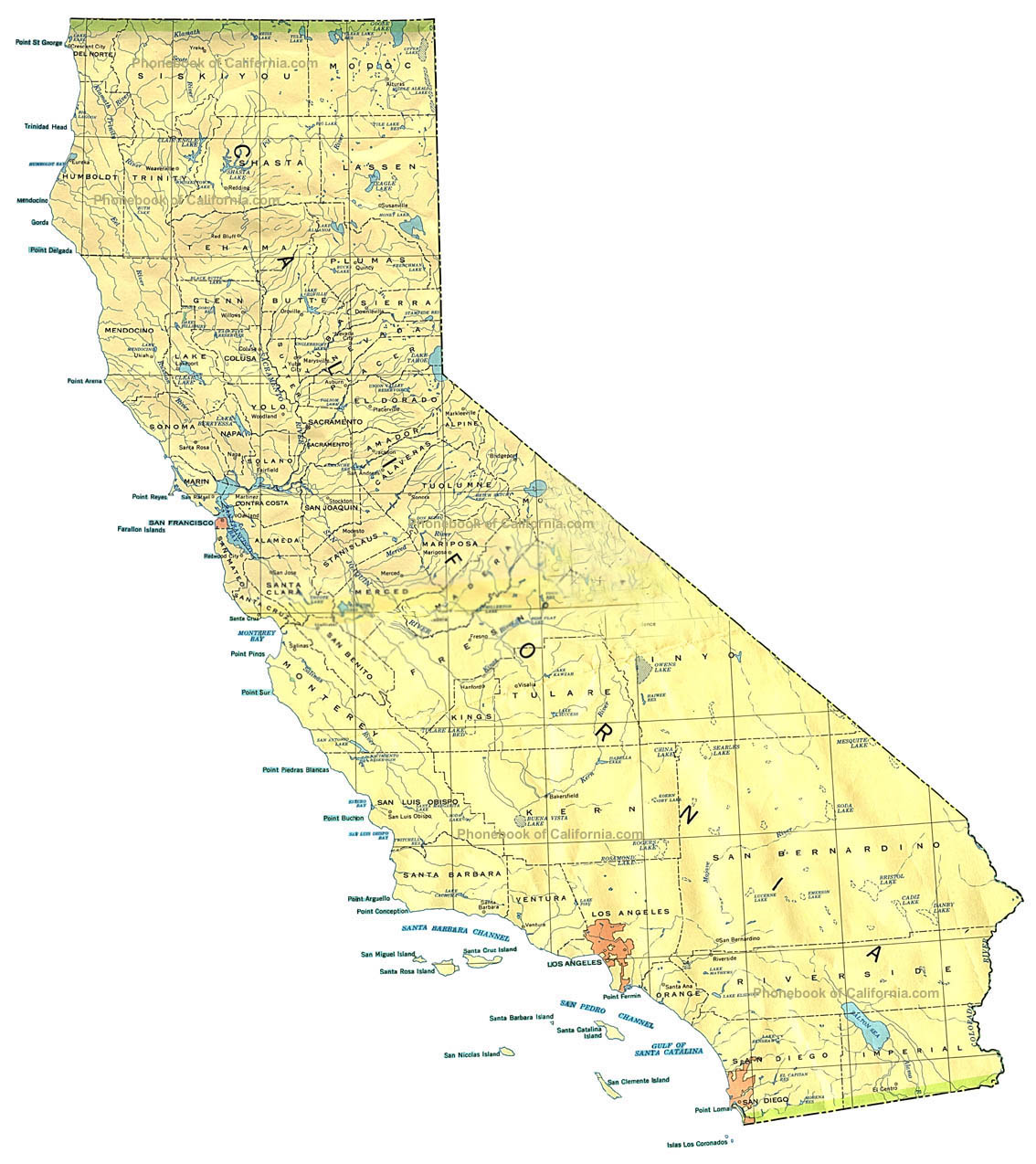California Creates Two New State Tax Agencies
The legislation establishes the Office of Tax Appeals (OTA) and the California Department of Tax and Fee Administration (CDTFA) to conduct these functions. The transfer of authority to CDTFA to administer several taxes, including sales taxes ...
Jul. 16, 2017

On June 27, 2017, California Governor Jerry Brown signed into law Assembly Bill 102 that removes two core functions from the state’s tax authority, the State Board of Equalization — (1) collecting and administering numerous taxes and fees, and (2) hearing and deciding tax appeals.
The legislation establishes two new tax agencies—the Office of Tax Appeals (OTA) and the California Department of Tax and Fee Administration (CDTFA)—to conduct these functions. The transfer of authority to CDTFA to administer several taxes, including sales and use taxes, will occur on July 1, 2017. The new OTA will start hearing appeals on January 1, 2018.
Read the full text of Assembly Bill 102, the Taxpayer Transparency and Fairness Act of 2017.
Background
The Board of Equalization was constitutionally created in 1879 with a mandate that property taxes would be fairly assessed and collected across California. Since that time, the Board of Equalization has been granted statutory authority to administer the state’s sales and use tax and numerous other state taxes and fees. In addition, the Board, comprising four members elected from districts and the statewide-elected State Controller, also hears and decides tax disputes. California is the only state in the United States where administrative tax disputes are heard by elected representatives.
Over the last few months, the Board of Equalization has been involved in controversy after an audit by the Office of State Audits and Evaluations revealed that elected Board members inappropriately interfered in the agency’s daily operations by influencing hiring decisions and directing staff to perform self-promoting community outreach work. There also were reports that millions of dollars in sales tax revenues had been misallocated to the wrong state and local funds. These findings are referenced in the findings and declarations section of Assembly Bill 102. After the audit findings were released, there were increased demands to restructure the Board. On Monday June 12, 2017, State Controller Betty Yee announced a plan, supported by key legislators and Governor Brown, to shift certain of the Board’s key responsibilities to new agencies. That plan was incorporated into Assembly Bill 102.
Assembly Bill 102
Assembly Bill 102 establishes the Office of Tax Appeals (OTA) to start hearing tax appeals on January 1, 2018. Beginning July 1, 2017, the new California Department of Tax and Fee Administration (CDTFA) will administer sales and use taxes, business and excise taxes, and various fees. The elected five-member Board of Equalization will continue to function as a body re-dedicated to its core tax administration responsibilities as set forth in the California Constitution, (i.e., property tax oversight, equalization and measurement of county assessments; state-assessed property tax assessments, collections and appeals; insurance tax assessments, collections and appeals; and alcoholic beverage tax assessment, collections and appeals). Assembly Bill 102 restricts elected Board members from conducting certain activities such as disciplining, promoting, assigning or demoting Board employees and interfering or influencing the process of legislative or revenue analysis. On January 1, 2018, the Board of Equalization will cease hearing appeals, except for those related to its continuing functions.
The OTA will have a management team consisting of a director (subject to Senate confirmation), a chief deputy director and a chief counsel, each appointed by the governor. The OTA will be responsible for hearing appeals from agency actions taken by both the Franchise Tax Board (for individual (personal) income and corporate income and franchise taxes) as well as from the CDTFA. Within the OTA, there will be tax appeals panels consisting of three administrative law judges (ALJs). These ALJs must have state tax experience and each be a member of the California bar. OTA headquarters will be in Sacramento, with hearing offices in Sacramento, Fresno, and Los Angeles. The ALJs must issue written opinions for each appeal.
The CDTFA will likewise be headquartered in Sacramento. It will be managed and supervised by a director (subject to Senate confirmation), a chief deputy director, and a chief counsel, all appointed by the governor. Its primary functions will be to administer state and local sales and use taxes, fuel and tobacco excise taxes, and a variety of other taxes and fees.
